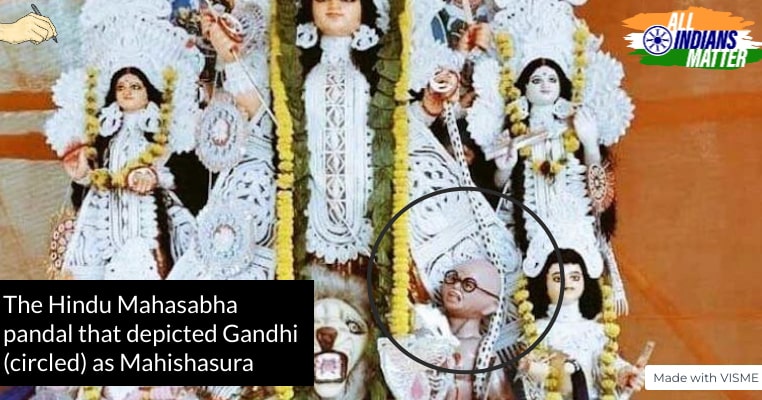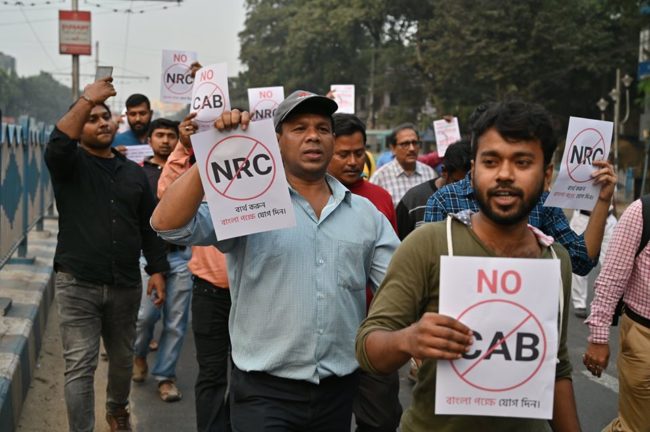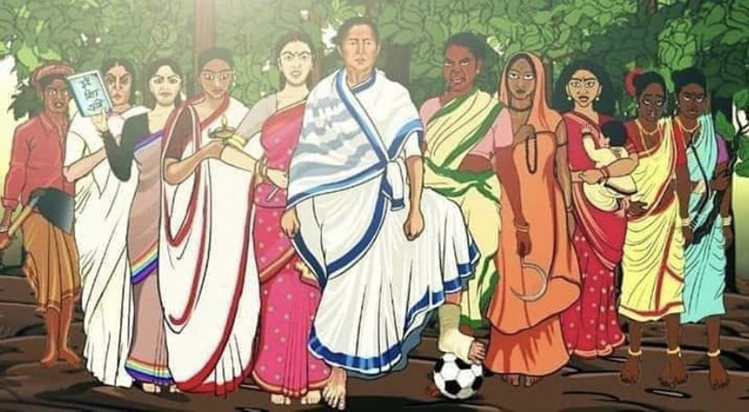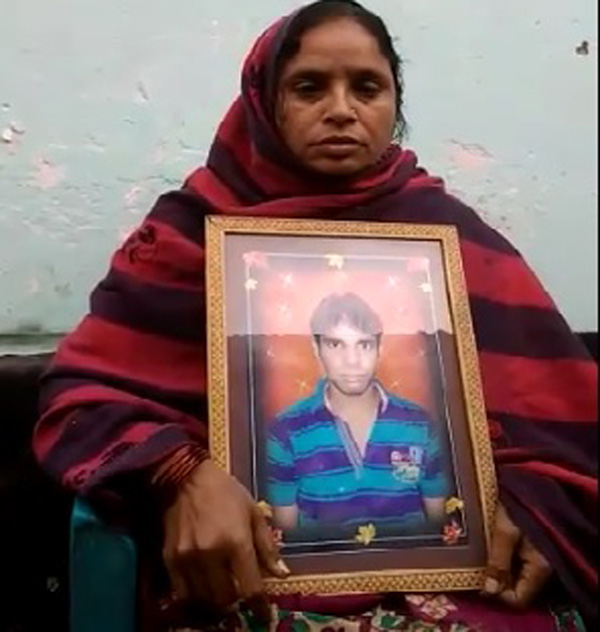“Babul Supriyo’s response clearly shows that BJP is incapable of running the country”
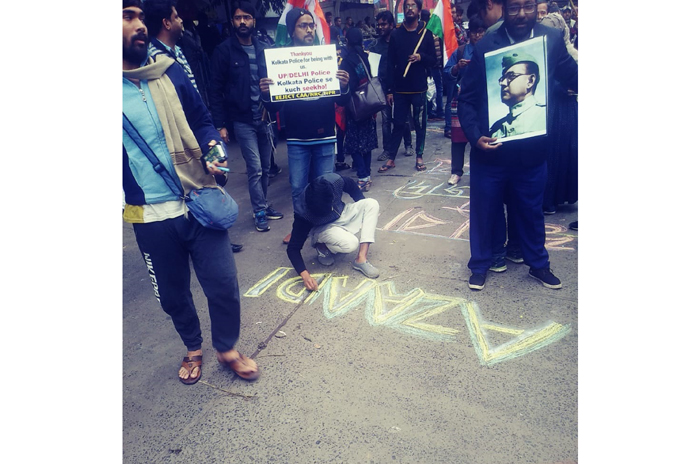
Kolkata: The furore over Citizenship Amendment Act (CAA), National Register for Citizens (NRC) and National Population Register (NPR) is increasing with each passing day. In a bid to make their voices heard, people of all walks of life and myriad religion have been hitting the streets across the country with the hope that the building pressure forced the BJP led Central government to scrap the new bill. This hope is building bridges and uniting the common man across the country.
Jahangir Alam, one of the participants, said, “We should start a non-cooperation movement against the saffron camp. We will prefer to die than to show the proof of our origin to the BJP. They are trying to divide the country once again but we should stand against their agenda.”
Referring to Union Minister Babul Supriyo’s post on social media that went viral recently, Suvankar Barua, a social activist, maintained that the minister’s post clearly shows that BJP is incapable of running the country.
He said, “A simple comment of an ordinary citizen made Supriyo react in a harsh way on social media, which reflects the communal agenda of this party. Just because the person belonged to the minority community Supriyo, clearly threatened him to be sent back to ‘his own country’ that means not a single Muslim has the right to stay in India. None of us will cooperate with them nor help them to implement NRC in Bengal.”
Souvik Dasgupta who was painting slogans like ‘No CAA’, ‘No NRC’, and ‘United Bengal’ along with ‘Modi go back on the streets said, “By just visiting temple and worshipping the deity and by chanting slogans like ‘Jai Sri Ram’ and ‘Bharat Mata Ki Jai’, the Modi- Shah pair failed to prove that they are true Hindus. Swami Vivekananda said that ‘Jibe Prem kore jeyijon, Sheyijon Shebichhe Ishwar (The one who loves and serves mankind is serving God). This should be the real mantra for everyone. Being the Prime Minister and Union Home Minister, they should serve mankind first. Instead of passing the devilish bill, they should think of procedures and ways to uplift the status of the poor and the downtrodden.”
Suman Sengupta, a social reformer, who too was painting slogans on the road, ahead of the rally, said, “The growing protests over the evil bill passed by the central government is seeing a huge gathering of people from all walks of life. The common people won’t allow the implementation of the bill. No matter what may CAA and NRC won’t happen in Bengal. The growing violence is making the Modi government change their stance on CAA. Ministers and leaders are changing their statements every now and then. Modi should and will think twice before implementing NRC and CAA in Bengal.”
Singing the National Anthem along with other participants, Ramaiyya Rameez, while holding the national flag said, “We have enough documents that will prove that we are Indians and very much the citizen of this country but we won’t show any of them. By just saying ‘Bharat Mata ki Jai’, Bharat doesn’t become their property. Their tyrant rule will lead to their downfall. Who said that Muslims doesn’t sing ‘Vande Mataram’? We will not abandon our motherland nor move on to another nation.”


